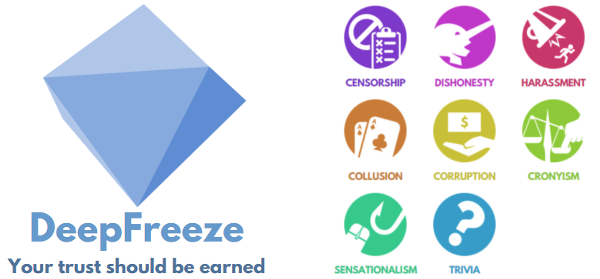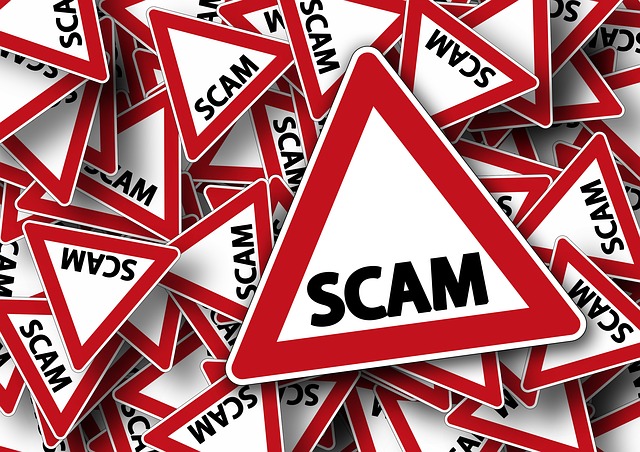There’s nothing better than finishing up game development and getting ready to launch. All of the tweeting, extensive blogging, and website maintenance. So much hype! That is until you send out your Steam keys (and we’ve written about the best time to send those out) and realize that there are a few people out there who are selling them.
The truth is that with the average game developer schedule, it’s easy to not verify people’s identities. Sometimes, when someone says they’re a popular YouTuber or streamer, a shrug and free Steam key giving follows suit.
For instance, Leszek Lisowski, an indie developer behind Worlds of Magic dealt with scammers. In the hopes of making his game popular, he sent out Steam keys without checking if people were who they said they were. However, the game was later found on sale on G2A.com for $15, about half the game’s price on Steam.
So, what can you do about it? Can scammers be stopped?
Verify with Little Effort
Believe it or not, verifying someone’s identity is easy and not at all time consuming. For game developers who already feel like there aren’t enough hours in a day, this news comes as a godsend. If you don’t feel like checking Twitter and Instagram accounts one-by-one, simply require YouTubers who want a Steam key to send you a message through their YouTube channels. If they don’t have anything to hide, they’ll not only do it, they’ll have quite a few subscribers.
Verify with a Little More Effort

Obviously, most game developers send out Steam keys to more than just YouTubers. In the case of journalists, there are methods of finding out whether someone is trustworthy, and in fact, a journalist. First off, look up their name and publication. How recent is their work? If the last article they wrote was in 2005, they probably aren’t in the industry anymore. After all, video game journalism isn’t exactly easy to pursue as a career.
If they do have relevant work, and they are still very much employed by a publication that has readership, maybe you might want to check if they’re reputable. Using websites like DeepFreeze helps weed out the troublemakers.
Avoiding Scammers from the Start
If you’re the type of person who likes to do things perfectly the first time, here’s a plan of action for you. Surely, you use a spreadsheet to manage a giant contact list of influencers, journalists, and YouTube streamers. Adding to it day by day, even just 25-50 contacts a week for a few months, makes a vast difference once you’re ready to send out Steam keys. Ensure you create a category in the database for follower count, and then filter it all. The people with more of an audience are your target for Steam keys.
But what does this have to do with scammers?
Simple: Because you’ll be adding to the contacts list on a daily basis, you can use websites like Hunter to find the right people and then verify them on Twitter. Another approach is to simply go to the publication’s website, look up the team, and then click on individual people. If it says they’re still employed on their work profile, then it’s a safe bet. Oftentimes, these profiles will link to social media as well, so don’t be afraid to simply click on a link and check out their Twitter bio.
It might seem like a lot, but it goes fast if you’re just checking 5-10 people per day. By the time you’re ready to send out Steam keys, all the research has been done. Smooth sailing.
Spotting Scammers
Now that you know how to perfectly avoid scammers, here’s what you need to know to spot scammers that might approach you:

Nickpettit, /r/gamedev
First off, never send Steam keys through email. Services like Keymailer are a better option, as this cuts back on scams. It is mandatory for people to verify their social media accounts before being able to receive their keys.
If you do happen to get emails, notice the time. If you get similar emails, with similar wording, at the same time, then it’s probably one person trying to get a few keys to sell.
Furthermore, industry professionals understand that Steam keys are meant in exchange for reviews, feedback, or marketability. They pride themselves on being able to share things first and spread the word. In doing so, they only require one key. Scammers always ask for more than one.
Takeaways
Spotting and avoiding scammers is one of those things that you can do in a variety of ways. It’s all about how much time you want to devote to this. The best way is to practice safe methods of key sending and account verification, as this requires less time and effort but guarantees safety.
Steam keys aren’t meant to be given out to just anyone. No scammer should benefit from your hard labor and creativity.
Stay safe out there!

